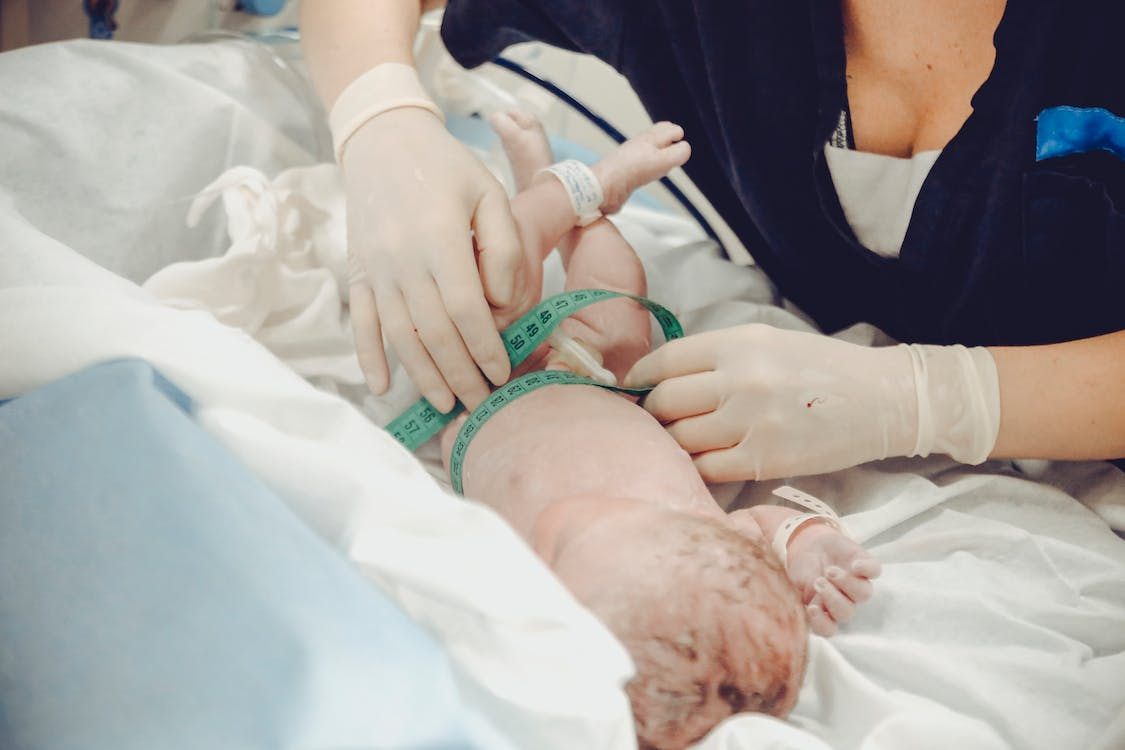Nursing is a very rewarding career field and labor and delivery nursing is no exception. As one of the many medical professionals responsible for bringing newborns into the world and helping families adjust to their newest addition, labor and delivery nurses have one of the most respected, yet challenging jobs in the medical field.
Before you begin your career in labor and delivery nursing, it’s important to prepare yourself for the challenges that you’ll face and recognize what a day in the life of a labor and delivery nurse looks like. If you’re unprepared or you don’t know what you’re walking into, you’re more than likely going to have a rough start.
As a future labor and delivery nurse, here are some ways you can prepare for the career ahead of you.
#1. Know What a Labor and Delivery Nurse Does
Now, the name may seem self explanatory, but being a labor and delivery nurse is about more than just delivering babies. Not only will you help the expectant parent during the four stages of labor, but you’ll also work with doctors during the pregnancy, monitor and assess the patient in the postpartum period, take care of newborns, and assist with any delivery procedures.
Labor and delivery nurses work alongside their patients throughout the full duration of their pregnancy. This helps establish trust between the parent and their nursing team.
You’ll monitor and identify any prenatal concerns and be with the patient for all their appointments. Both before and after the birth, you’ll help educate the family on caring for infants and act as a middleman when it comes to communicating patient concerns with other medical staff.
#2. Know It’s Not Only About the Salary
When it comes to the medical field, many nurses and doctors choose their careers based on how much they earn. While it is important to keep in mind your potential salary, it’s even more important that this isn’t the reason driving you to pursue a career in labor and delivery.
The average labor and delivery nurse salary is around $77,000 annually. Of course, this will vary by state and city, but even the highest paid L&D nurses only make around $95,000 annually.
Labor and delivery is a very intense field of study, so you need to be in it for the right reason. If you’re only here in hopes of making a lot of money, then you’re better off looking somewhere else. Point number 3 can tell you more about why it’s important to love your field of work.
#3. Understand That You’ll Experience a Lot of Sad Moments
No one wants to think about babies dying, but it’s the sad truth. As a labor and delivery nurse, you’ll be on the front line of this battle and a lot of the time, it’s a losing one. While you’ll have wonderful, exciting days where you tell expectant patients that their baby is healthy and happy, you’ll also have days where you have to deliver bad news.
In a world where Roe vs Wade was recently overturned, you can expect the number of bad days to be higher than before.
Don’t be discouraged by the potential bad days, but also don’t overlook them. You’re going to experience both happy and sad moments, so it’s vital that you love your work and truly care for your patients. If you don’t, you’ll quickly burn out.
#4. Prepare for Several Years of Learning
Even once you pass the NCLEX, you aren’t done. There’s still quite a bit of learning that you’ll need to do, so expect there to be a few years before you can start working in labor and delivery.
After you get your BSN and receive your nursing license, you should look into the AWHONN for courses that can help you prepare for your L&D certification. Although not necessary, taking additional online courses will help you feel much more prepared for the exam and ensure that you have the skills necessary to provide quality patient care.
A great way to help your learning is by shadowing a nurse for a year or two. This will expose you to all the ins and outs of labor and delivery so you’re even more prepared for when it comes time to start your own career.
#5. Make Sure Your Education is Accredited
This is becoming less and less of a problem, but it’s still vital as a future nurse. All programs that you go through must be accredited through the American Association of Colleges of Nursing. To double check that your chosen program is accredited before you commit, visit the AACN’s directory and search for your school or program.
If you don’t complete an accredited program, then you’ll encounter problems when you apply for a license or a job. Even though you may have a degree in hand, it won’t be recognized by some medical facilities and you may not be allowed to practice.
Unfortunately, many students don’t think to check the accreditation of their school or program beforehand and they suffer for it. Even if they worked hard and completed the same training as other nurses, having a non-accredited degree will prove difficult in the future.
To avoid the complications that come with having a non-accredited degree, take the extra time to search for your school’s accreditation. In some cases, they may only be accredited by your state and not the AACN. If this is the case, make sure that you’ll still be allowed to practice after graduation or if there are limitations on where you can work.

















